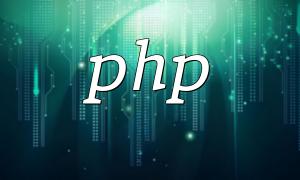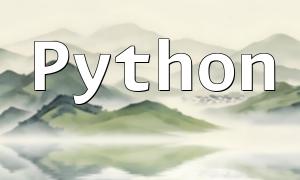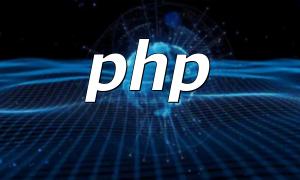During PHP development, encountering an 'unexpected semicolon' error is quite common. This type of error often causes scripts to fail, hindering progress. In this article, we'll cover typical scenarios that lead to this issue and share straightforward solutions to resolve them efficiently.
The first step is to review the code line that triggered the error, as well as the lines before and after it. Often, the actual mistake lies in a missing semicolon on the previous line, which causes the parser to misinterpret the next line's semicolon as unexpected.
<?php
$variable = 10
echo $variable;
?>In the example above, line 2 is missing a semicolon, which leads to a syntax error on line 3.
The corrected version looks like this:
<?php
$variable = 10;
echo $variable;
?>In PHP, brackets and quotes are used for code blocks and strings. Failing to close them correctly can also result in unexpected semicolon errors.
Example of an unclosed bracket:
<?php
if ($condition {
echo "Condition is true";
}
?>To fix this, just add the missing closing parenthesis:
<?php
if ($condition) {
echo "Condition is true";
}
?>Example of an unclosed quote:
<?php
echo "Hello World';
?>The corrected version:
<?php
echo "Hello World";
?>Semicolons in PHP end a statement, while commas are used to separate multiple values or arguments. Mixing them up can result in parsing errors.
Incorrect example using commas with echo:
<?php
echo "Hello", "World";
?>The proper way is to concatenate the strings using a period:
<?php
echo "Hello" . "World";
?>Another common mistake is using a semicolon inside a conditional expression:
<?php
if ($variable == 10;) {
echo "Variable is equal to 10";
}
?>This should be corrected as follows:
<?php
if ($variable == 10) {
echo "Variable is equal to 10";
}
?>Syntax errors involving unexpected semicolons are quite common in PHP. They are often caused by missing semicolons, unmatched brackets or quotes, or incorrect punctuation usage. By carefully reviewing your code and practicing good coding habits, you can avoid these issues and improve both the readability and stability of your PHP scripts.
We hope this guide has been helpful in troubleshooting PHP syntax errors related to semicolons.









